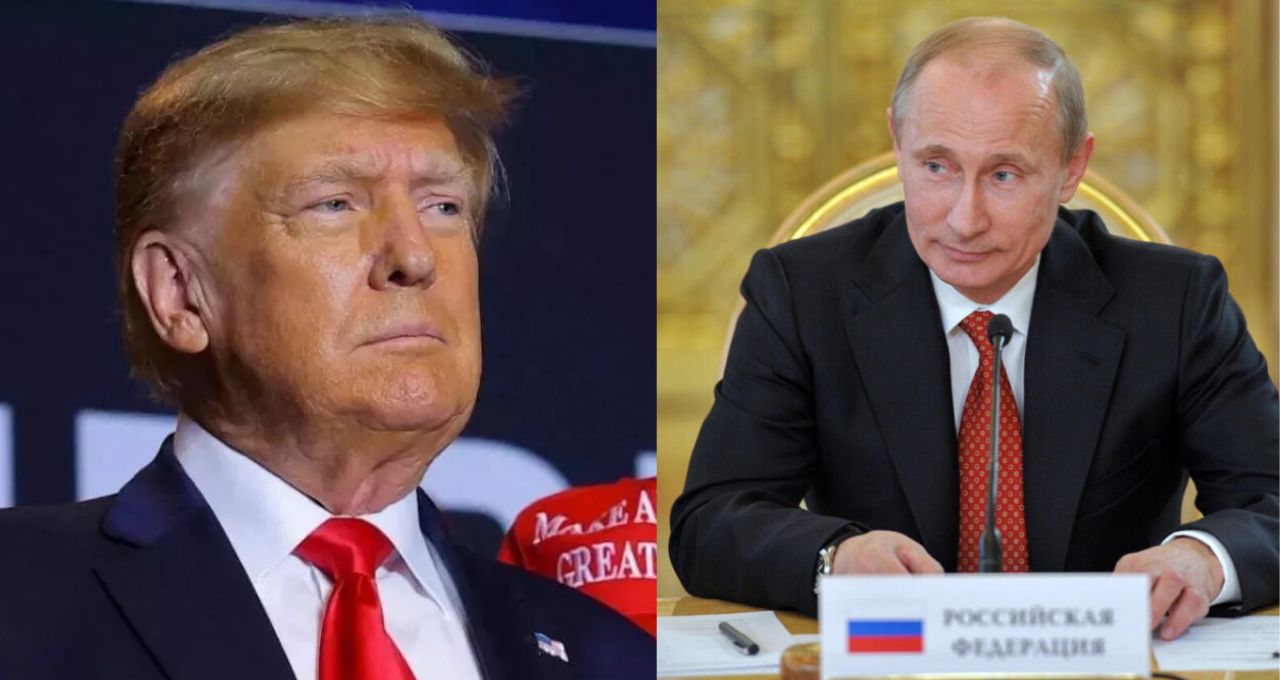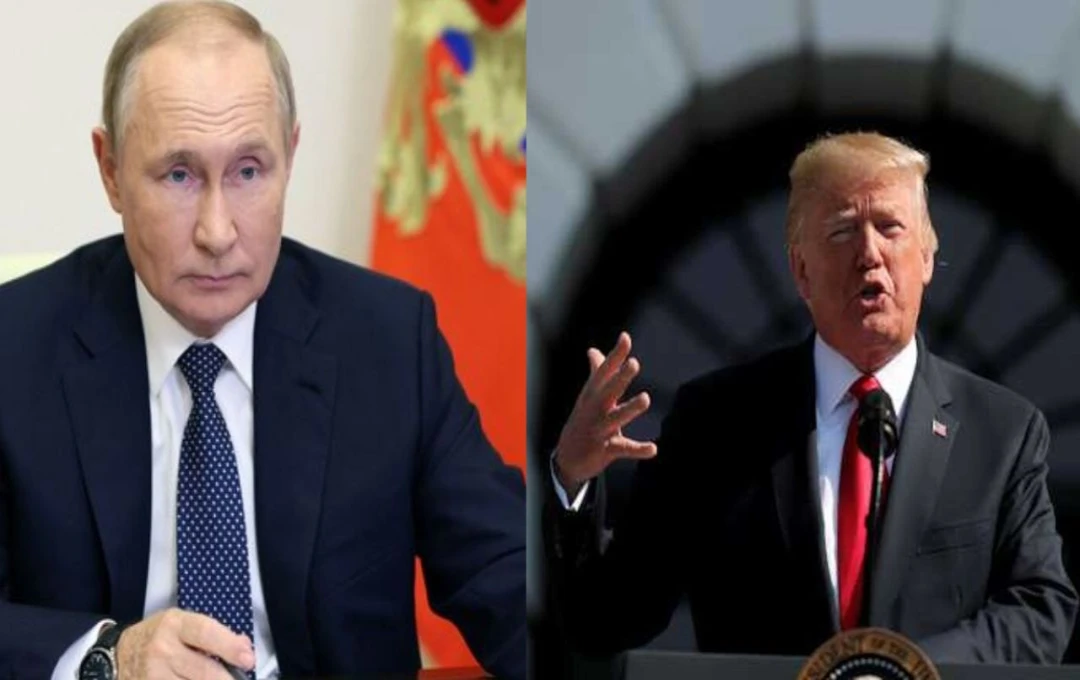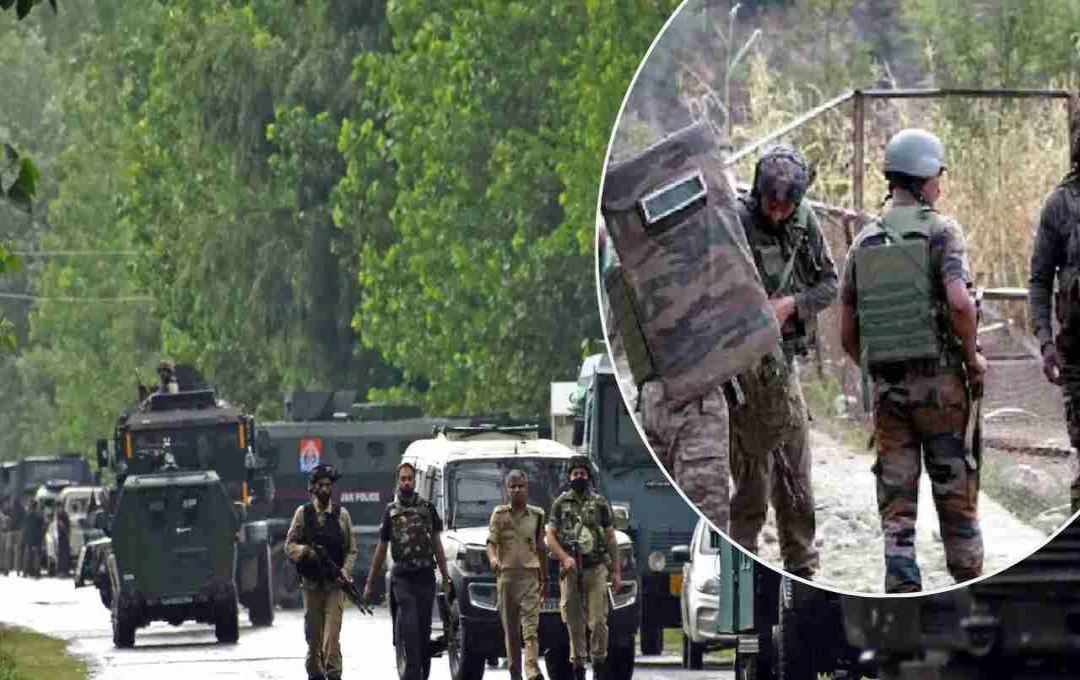Russia has withdrawn from the 1987 INF Treaty. Following the deployment of nuclear submarines by the US, Russia has lifted the ban on the deployment of short- and medium-range missiles.
Russia US Missile: Geopolitical tensions between the United States and Russia are once again at a peak. Russian President Vladimir Putin has taken a step in response to US President Donald Trump's nuclear policy that could have a major impact on the global strategic balance. Russia has formally ended the ban on the deployment of short- and medium-range missiles.
What was the 1987 INF Treaty?
In 1987, the "Intermediate-Range Nuclear Forces Treaty" (INF) was signed between the United States and the then-Soviet Union. Under this agreement, both countries would not deploy ground-launched ballistic and cruise missiles with a range of 500 to 5,500 kilometers. Its purpose was to prevent the nuclear arms race in Europe and the world. However, in 2019, the United States itself announced its withdrawal from this treaty. After this, Russia also gradually began to distance itself from the treaty.
Russia's response after Trump's order
Recently, US President Donald Trump ordered the deployment of two US nuclear submarines near the Russian coast. Russia considered this a direct threat to its regional and strategic interests. In response, Russia announced the lifting of the ban on the deployment of missiles under the 1987 INF Treaty.
Statement from the Russian Foreign Ministry

The Russian Foreign Ministry has made it clear that it no longer considers itself bound by this restriction. According to the ministry, "The United States has repeatedly ignored our warnings. We have said before that we will only begin missile deployment if the United States takes provocative action. Now that the United States has taken such a step, we are also taking this step to protect our national security interests."
The strategy behind this move
Russia's decision was not taken suddenly. Experts believe that this is a well-thought-out strategy. The Putin government knows that the United States, especially under the leadership of President Trump, is pursuing an aggressive foreign policy. Through this decision, Russia has sent a message that if the United States does not back down, Russia will respond in the same language.
Impact on global security
This decision is not limited to Russia and the United States. Strategic instability may increase in Europe, Asia, and other regions. Concerns have increased in NATO countries because these missiles could pose a threat to the European security framework. At the same time, the role of countries like China in Asia, which were not previously included in this agreement, could also be important.
What are its implications for India?
India never participated in the INF Treaty, but the limited arms race between the US and Russia due to this treaty was positive for India. Now that this restriction has been lifted, a new arms race may begin, which could affect the security strategies of South Asia. India may need to further strengthen its defense policy.














